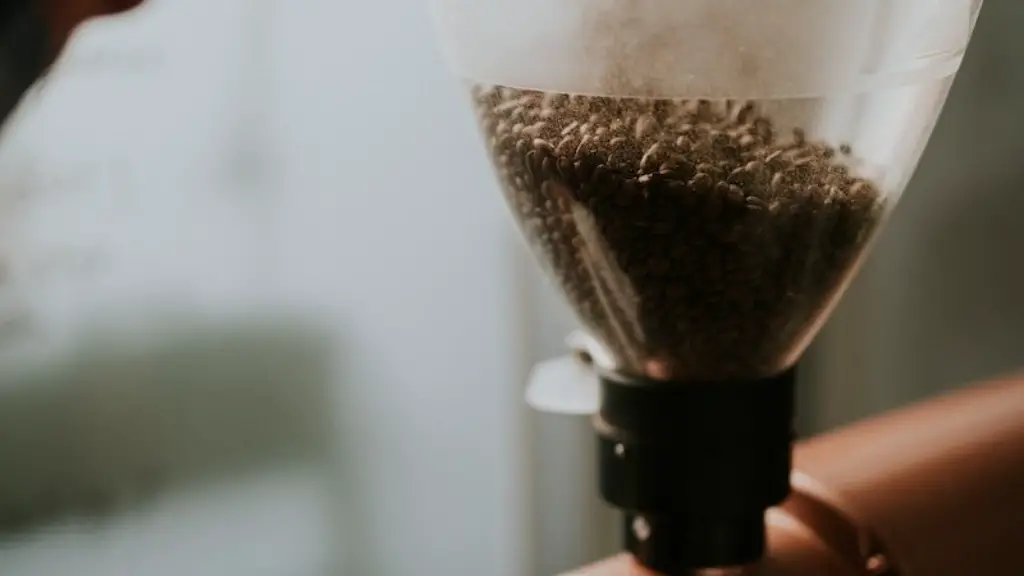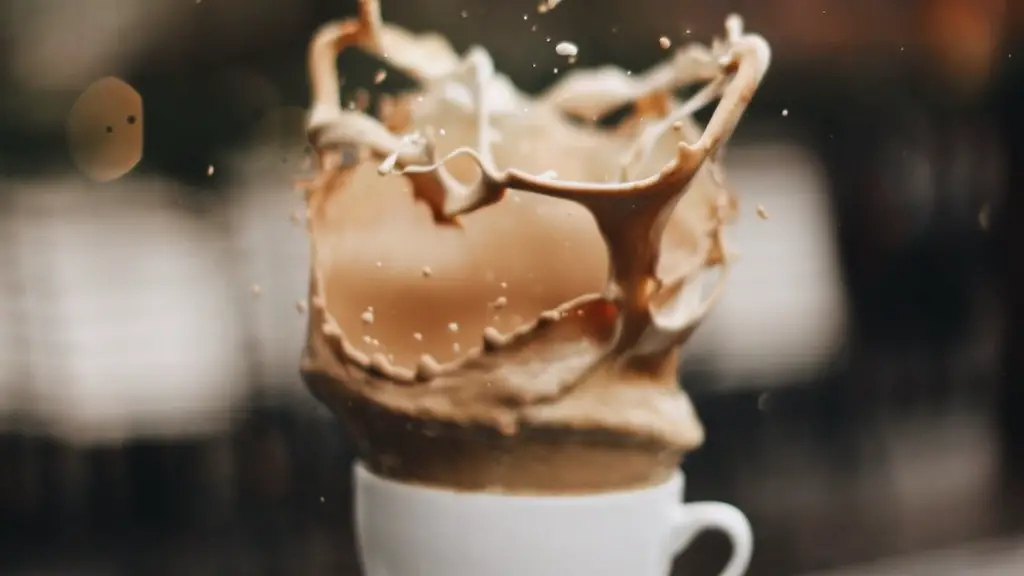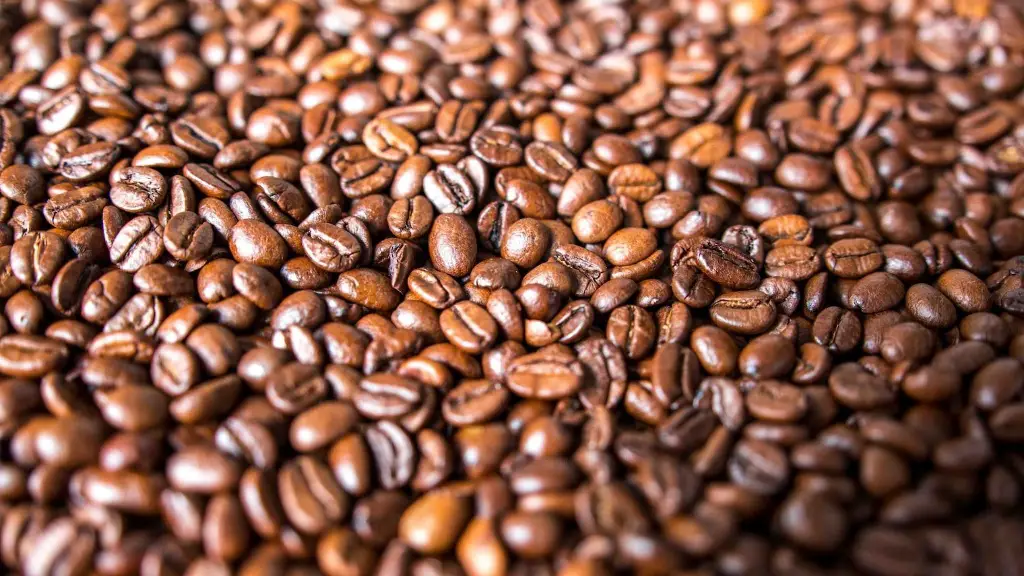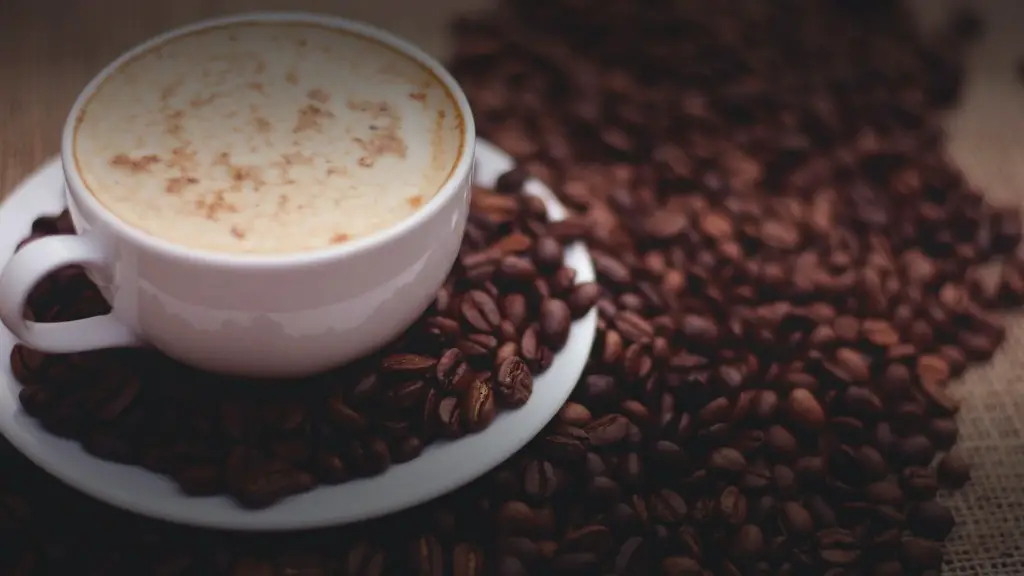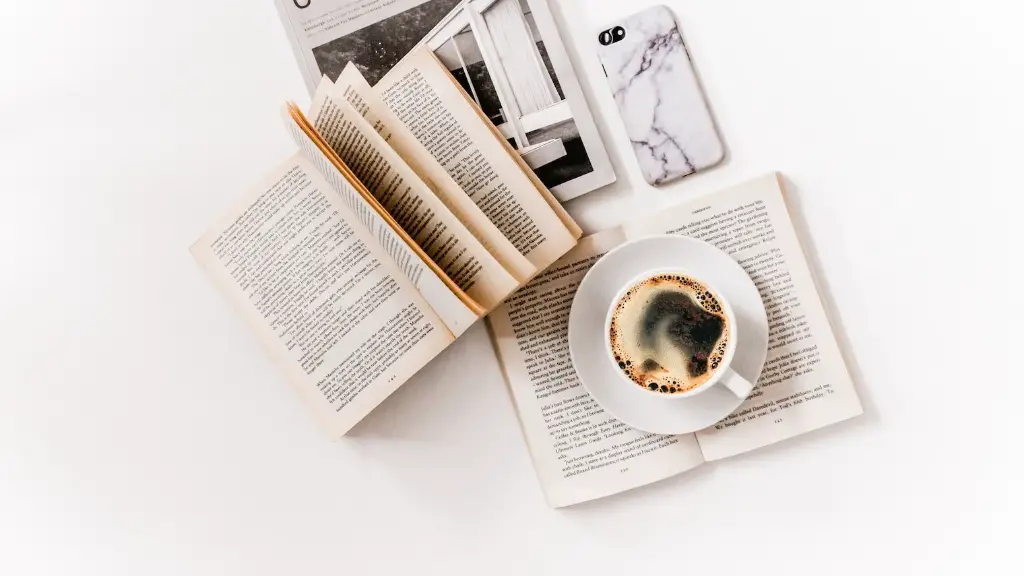Is It Bad To Drink Coffee During Pregnancy?
Coffee is a popular beverage that can be found in many homes and restaurants. But is it bad to drink coffee while pregnant? According to the American College of Obstetrics and Gynecology, pregnant women should limit their caffeine intake to no more than 200 milligrams per day. Some studies have shown that higher levels of caffeine intake during pregnancy can lead to an increased risk of miscarriage, preterm delivery and low birth weight.
Most doctors recommend that pregnant women avoid or limit drinks with added caffeine, including coffee, tea, and some energy drinks. There is also evidence that suggests that some of these beverages can cause gastrointestinal problems and dehydration in pregnant women.
Although coffee does contain some beneficial nutrients, such as antioxidants and magnesium, it is important to remember that the caffeine content of coffee is higher than that of tea. In fact, the average cup of coffee contains about 90-95 milligrams of caffeine – approximately five times the amount of caffeine in a cup of tea.
It is important to note that while caffeine itself may not be harmful during pregnancy, it is best to avoid coffee altogether. This is particularly important if you are at risk of high blood pressure, diabetes, or other conditions that can complicate pregnancy. Additionally, as with any beverage, overindulging in coffee can lead to problems such as dehydration, indigestion, and restlessness.
Furthermore, it is important to be aware of the fact that many coffee-containing beverages contain added sugar, fat, and other ingredients that can be unhealthy during pregnancy. The American College of Obstetrics and Gynecology recommends avoiding or limiting any beverages containing added sugar or fat during pregnancy, including caffeinated beverages.
Finally, it is important to keep in mind that coffee can also be found in other forms, such as chocolate and certain medications. Be sure to read the labels on any product that you may be considering during pregnancy.
Caffeine Alternatives
When it comes to avoiding or limiting caffeine during pregnancy, there are several alternative drinks that can help you stay hydrated. Herbal teas, natural juices, and decaf coffee are all good options that are low in caffeine and sugar. Additionally, plain water should always be your go-to beverage of choice during pregnancy.
Decaf coffee can seem like a good option, but be aware that it may still contain some caffeine. The amount of caffeine can vary depending on the type of decaf bean used and the brewing method, but it is generally much lower than regular coffee.
Another alternative is to switch to decaf teas and other naturally caffeine-free beverages. Many herbal and green teas, as well as naturally caffeine-free beverages such as dandelion root tea and rooibos tea, are generally safe to drink during pregnancy.
Finally, it is important to note that some caffeine-containing beverages, such as green tea, can still provide health benefits during pregnancy. However, it is important to limit your intake and be aware of the caffeine content of any beverage you are consuming.
Caffeine Sensitivity
It is important to remember that everyone is different and some people may be more sensitive to the effects of caffeine than others. If you notice any unusual symptoms such as nausea, headaches, or jitters after consuming any caffeinated beverage, it is best to reduce your intake or switch to caffeine-free alternatives.
If you are having trouble limiting your caffeine intake, there are several steps you can take to try and reduce your intake. Consider switching to low- or no-caffeine beverages such as herbal teas or decaf coffee. Additionally, consider reducing your portion sizes or switching to smaller cups. Finally, be aware of the caffeine content of any food or drink you are consuming and try to limit your intake to 200 milligrams or less per day.
Other Considerations
It is important to note that caffeine can also be found in other sources besides coffee and tea, such as chocolate, energy drinks, and some medications. Be sure to read the labels of any product that you may be considering. Additionally, keep in mind that some herbal teas and naturally caffeine-free beverages can still contain traces of caffeine, so be sure to check the label before consuming.
Finally, it is important to remember that while caffeine may not be harmful in moderation, excessive consumption can cause problems. Therefore, it is best to limit your intake and be aware of the potential risks. Additionally, consider seeking medical advice if you have any questions or concerns about your caffeine consumption.
Caffeine Withdrawal
If you have been drinking coffee for some time and suddenly stop, you may experience some of the symptoms of withdrawal. These can include headaches, fatigue, and difficulty concentrating. This is because caffeine is a stimulant and can cause your body to become dependent on it. If you want to reduce your caffeine intake, it is best to do it gradually to give your body time to adjust.
It is also important to be aware of the fact that withdrawing from caffeine can be uncomfortable, and it is best to do so slowly over a period of weeks. Additionally, be sure to drink plenty of fluids to help your body adjust and take breaks throughout the day to stay hydrated.
Finally, it is important to note that if you are reducing your caffeine intake during pregnancy, it is important to also monitor your sugar intake. Many caffeinated beverages contain added sugar, so cutting back on these can help to reduce your sugar intake and avoid potential health risks.
Coffee Alternatives
If you are trying to cut back on your coffee consumption, there are a few alternatives you can try. Drink plenty of water throughout the day and snack on healthy foods such as fruits and vegetables to stay energized. Additionally, there are several caffeine-free beverages such as herbal teas, decaf coffee, and natural juices that can help to provide a boost of energy without the added caffeine.
If you are looking for a more natural energy boost, consider consuming foods that naturally contain caffeine, such as dark chocolate and some fruits. Additionally, some energy supplements, such as ginseng, can provide a natural source of energy without any added caffeine.
Finally, if you need an extra boost of energy and can’t seem to give up your coffee, try drinking decaf coffee. While it still contains some caffeine, it is much lower than regular coffee. Additionally, be sure to monitor your portion sizes and limit your intake to no more than 200 milligrams per day.
Risks And Benefits
Although drinking coffee during pregnancy can be risky, there are some potential benefits as well. Some studies have shown that moderate caffeine intake (up to 200 milligrams per day) can help reduce the risk of certain pregnancy-related conditions such as preeclampsia, gestational diabetes, and morning sickness. Additionally, some studies have also suggested that moderate caffeine intake can also help improve mood and reduce anxiety.
However, it is important to note that the potential risks associated with drinking coffee during pregnancy still outweigh the benefits – particularly when it comes to excessive consumption. Therefore, it is best to limit your intake to no more than 200 milligrams per day and avoid any added sugar or fat.
Additionally, if you do decide to consume caffeinated beverages during pregnancy, be sure to monitor your portion sizes and pay attention to any unusual symptoms such as nausea, headaches, or jitters.
Conclusion
When it comes to drinking coffee during pregnancy, it is important to be aware of the potential risks and benefits, as well as your own individual sensitivity to caffeine. It is best to limit your intake to no more than 200 milligrams per day and to be aware of any potential sources of caffeine, such as chocolate and medications. Additionally, there are several alternatives that can help you stay energized without the added caffeine, such as herbal teas, decaf coffee, and energy supplements.
